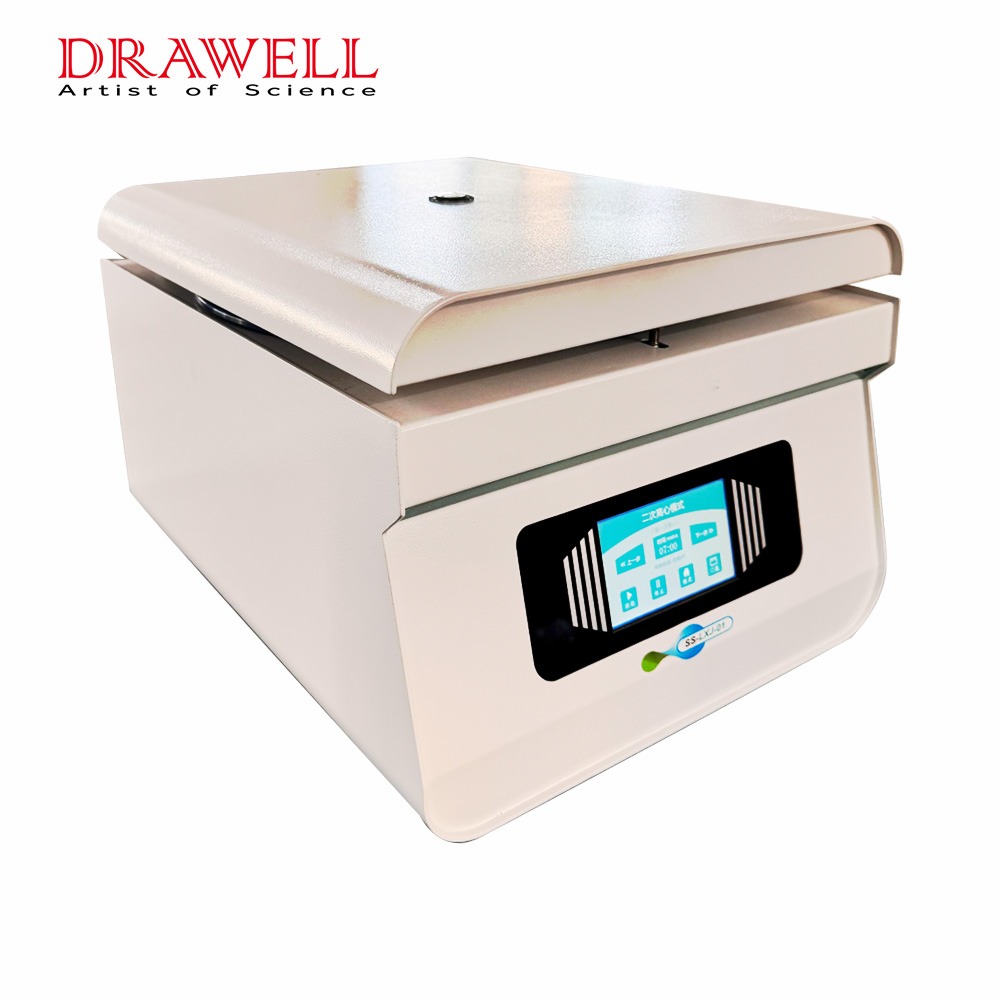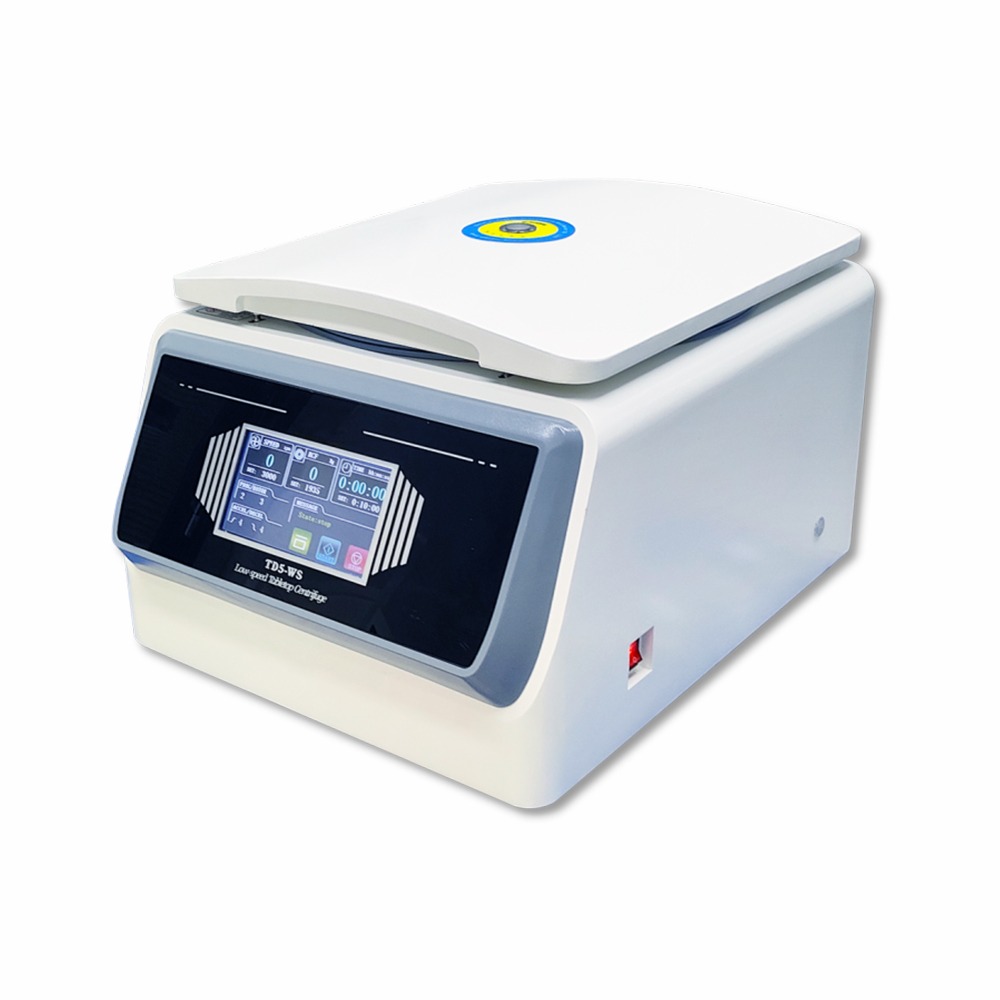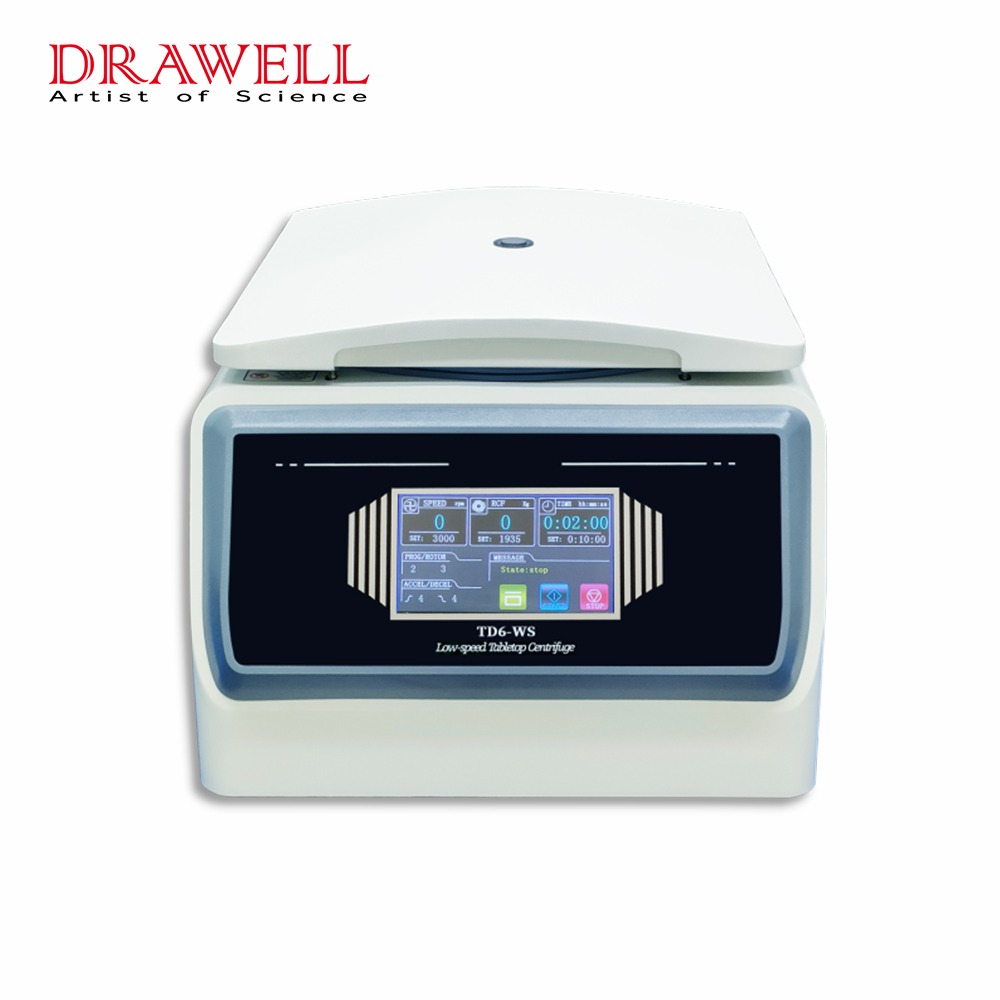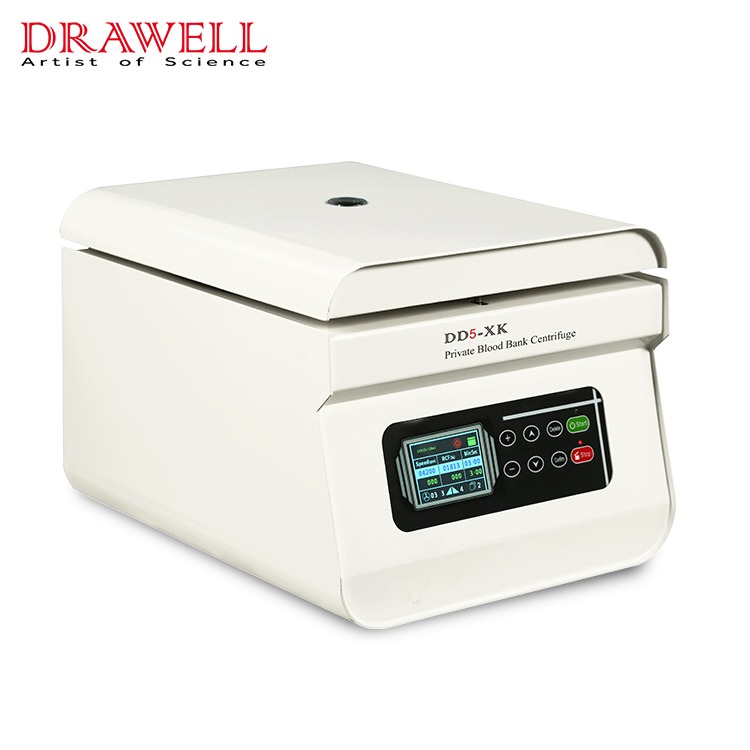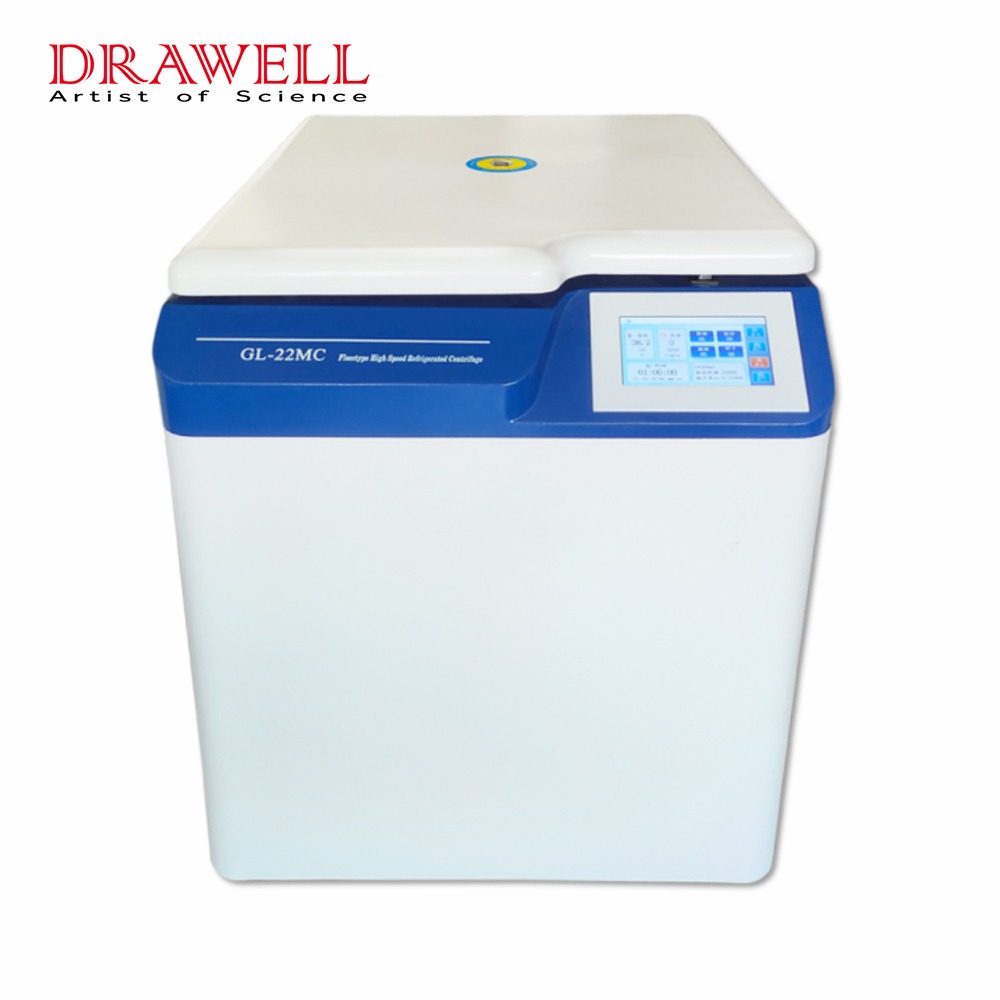The refrigerated centrifuge is a vital tool in various scientific and industrial fields, offering precise temperature control during centrifugation processes. Its ability to maintain low temperatures makes it ideal for applications involving temperature-sensitive samples. This article aims to explore the diverse applications of refrigerated centrifuges and provide essential tips for their proper maintenance. Whether you are a researcher, clinician, or industry professional, understanding the applications and best practices for maintaining a refrigerated centrifuge is crucial for optimal performance and reliable results.
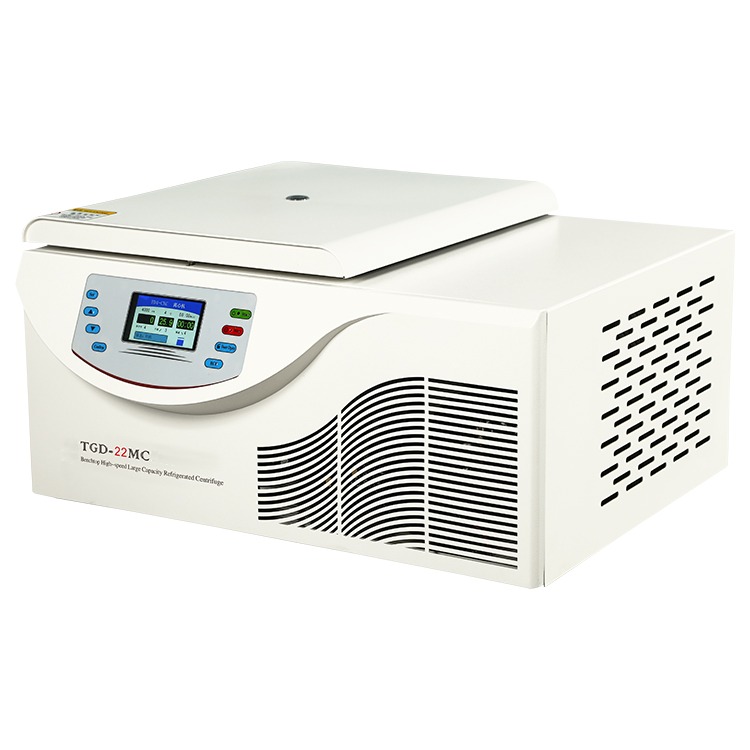
What Applications or Industries Using a Refrigerated Centrifuge?
Refrigerated centrifuges find applications in various industries and scientific fields where temperature control during centrifugation is essential. Here are some industries and applications that commonly use refrigerated centrifuges:
- Biomedical Research:
- Cell culture and cell biology studies.
- Protein purification and analysis.
- Biomolecular research (DNA, RNA, and protein sequencing).
- Isolation of cellular components (organelles, subcellular fractions).
- Clinical Diagnostics and Healthcare:
- Clinical laboratories for diagnostic testing.
- Blood banking and transfusion medicine.
- Microbiology and virology testing.
- Immunology and serology assays.
- Pharmaceutical and Biotechnology:
- Drug discovery and development.
- Quality control of pharmaceutical products.
- Biologics production and characterization.
- Vaccine development and testing.
- Food and Beverage Industry:
- Quality control and testing of food products.
- Separation and analysis of food components.
- Beverage analysis and quality assurance.
- Environmental and Water Testing:
- Environmental monitoring and analysis.
- Water and wastewater treatment.
- Soil and sediment analysis.
- Agricultural and Veterinary Research:
- Animal husbandry and breeding studies.
- Veterinary diagnostics.
- Agriculture and crop research.
- Academic and Scientific Research:
- Molecular biology and genetics research.
- Biochemistry and biophysics studies.
- Genomics, proteomics, and metabolomics research.
- Forensic Science:
- DNA and RNA extraction for forensic analysis.
- Separation of forensic samples (e.g., blood, hair, tissues).
These are just a few examples, and refrigerated centrifuges have applications in many other industries and scientific fields. The ability to maintain low temperatures during centrifugation ensures sample stability and integrity, making them crucial tools in temperature-sensitive applications.
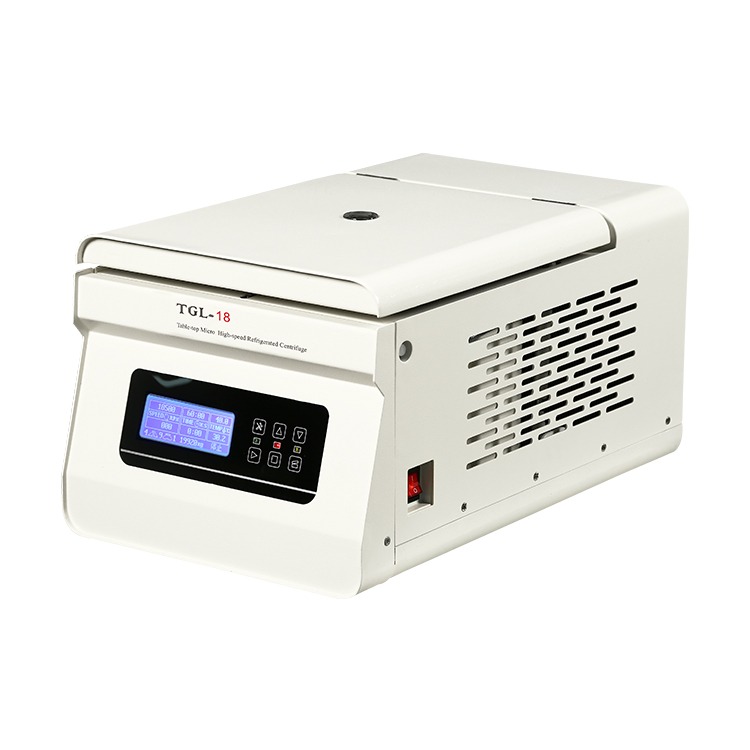
How Do I Properly Maintain and Clean a Refrigerated Centrifuge?
Proper maintenance is essential for the optimal performance and longevity of a refrigerated centrifuge. Here are some key maintenance tips to ensure its reliable operation:
- Follow Manufacturer Guidelines:
Familiarize yourself with the manufacturer’s maintenance recommendations outlined in the user manual. Adhere to the recommended maintenance schedule for routine inspections, cleaning, and calibration.
- Routine Cleaning:
Regularly clean the exterior surfaces of the centrifuge using mild, non-abrasive cleaning agents and lint-free cloths or wipes. Wipe down the rotor chamber and the inside of the centrifuge with a damp cloth to remove any residue. Pay special attention to areas prone to contamination, such as the lid, gaskets, and rotor surfaces.
- Rotor Care:
Inspect the rotor for signs of wear, cracks, or corrosion. Replace damaged rotors promptly. Clean the rotor after each use to remove any residual material according to the manufacturer’s instructions. Store rotors in a clean and dry environment when not in use.
- Temperature Sensor Calibration:
Periodically calibrate the temperature sensor of the centrifuge as per the manufacturer’s guidelines. Use a calibrated reference thermometer to verify and adjust the temperature accuracy.
- Safety Precautions:
Always wear appropriate personal protective equipment (PPE) when handling the centrifuge or potentially hazardous materials. Follow safety protocols for the disposal of biohazardous or hazardous waste generated during centrifugation.
- Professional Service:
If you encounter any issues or malfunctions, contact the manufacturer’s service department or a qualified technician for assistance. Follow the manufacturer’s recommendations for scheduled maintenance and service intervals.
- Environmental Considerations:
Keep the centrifuge in a clean and dust-free environment to prevent contaminants from affecting its performance. Avoid exposing the centrifuge to extreme temperatures or humidity levels that may compromise its functionality.
By following these maintenance tips, you can ensure the reliability, accuracy, and longevity of your refrigerated centrifuge. Regular maintenance and proper care will contribute to consistent results and prolong the lifespan of your valuable equipment.
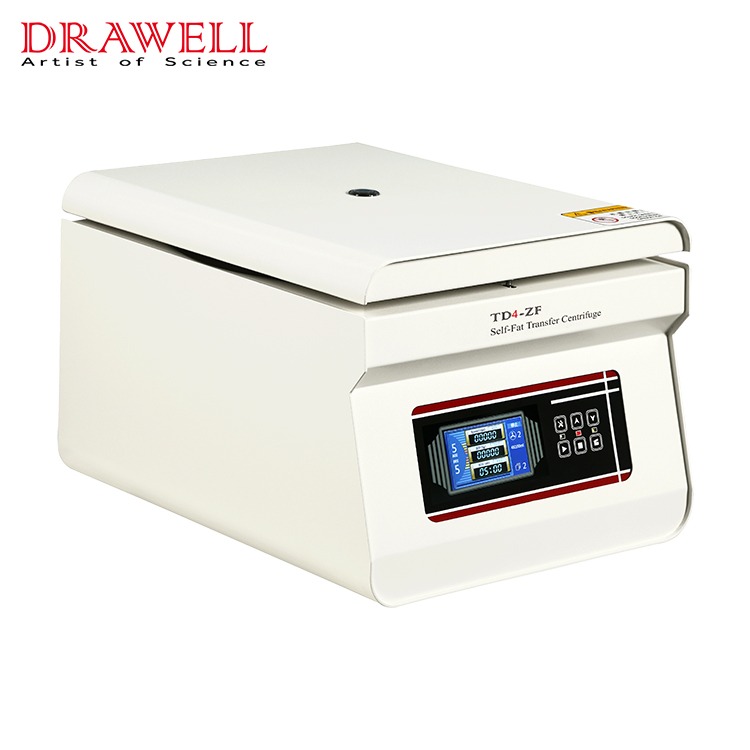
Conclusion
In conclusion, the refrigerated centrifuge is an invaluable asset in scientific research, diagnostics, pharmaceuticals, and various industries where temperature control is essential during centrifugation. By understanding its applications and implementing proper maintenance practices, you can ensure the longevity and reliability of your refrigerated centrifuge. Regular cleaning, following manufacturer guidelines, and routine inspections are vital for preventing malfunctions and ensuring accurate and reproducible results. By adhering to safety precautions and consulting experts when needed, you can maximize the efficiency of your centrifuge and contribute to the success of your experiments or processes.


